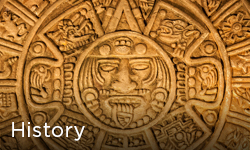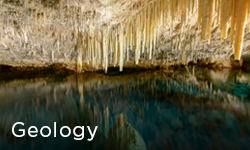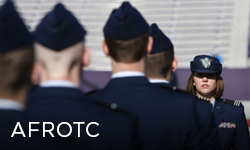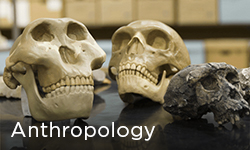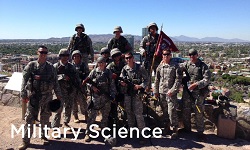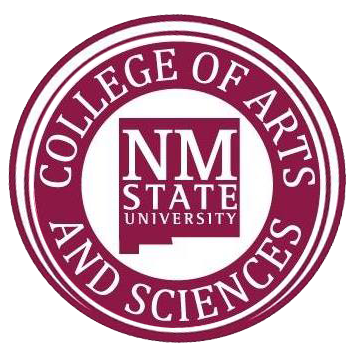Frequently Asked Questions (FAQ's)
How do I add and/or drop a course once the deadline has passed?
To add or drop a course after the deadline has passed, you are must obtain approval from the Associate of Dean of Academics, Dr. Lakey. See below:
- Print out and complete the following forms. Please note, you will need instructor signature before obtaining approval from the Associate of Dean of Academics.
- Take the completed forms to Breland Hall 163.
- The Associate of Dean of Academics will review the request and, if approved, submit the forms to the Office of Student Records on your behalf.
A few things to keep in mind before bringing the completed forms to the Dean’s Office:
- If adding a course past the deadline, do you have written documentation from the instructor regarding a plan of action for catching up on missed material and coursework?
- Have you checked with University Financial Aid and Scholarship Services to ensure adding or dropping courses will not impact your eligibility?
What is a STAR Degree Audit? How do I access my STAR Degree Audit?
Please reference the University Student Records website for more information on STAR Degree Audits.
What is the difference between a Drop and a Withdraw?
If a course is dropped before the “ Last Day to Drop Course with “W”” deadline, the course will not appear on the student’s transcript and the student is not responsible for payment of the course.
If a course is dropped after the “ Last Day to Drop Course with “W”” deadline, the student’s transcript will reflect a “W” and the student is responsible for payment of the course.
Will I get my diploma at the ceremony?
No, the diploma will be mailed out about 6 weeks after grades post, which is actually the week after the ceremony.
What if I don’t want to attend the ceremony?
Every student has the option to attend or not attend. The ceremony is purely symbolic. However, in order to get a diploma, every student must submit an application and it is only good for one term.
What happens if I don’t pass one or more of my classes?
The application for that term is “Not Awarded” and a new application needs to be submitted for the term when requirements will be met.
How can I find out if I am on track to graduate?
Submit a request for an Academic Standing at least 6-9 months before your last semester beings.
Where do I find my curriculum information (degree, major, minor(s), catalog, etc.)?
It is located under your student tab within the MyNMSU portal.
- Select: Student Records and Degree Application
- View your holds, grades, and transcripts. Degree application
- Then pick: View Student Information
- View your holds, grades, and transcripts. Degree application






